Growing Corn
All Growing Corn Content

Crops
During the growing season, SDSU Extension provides weekly production recommendations.
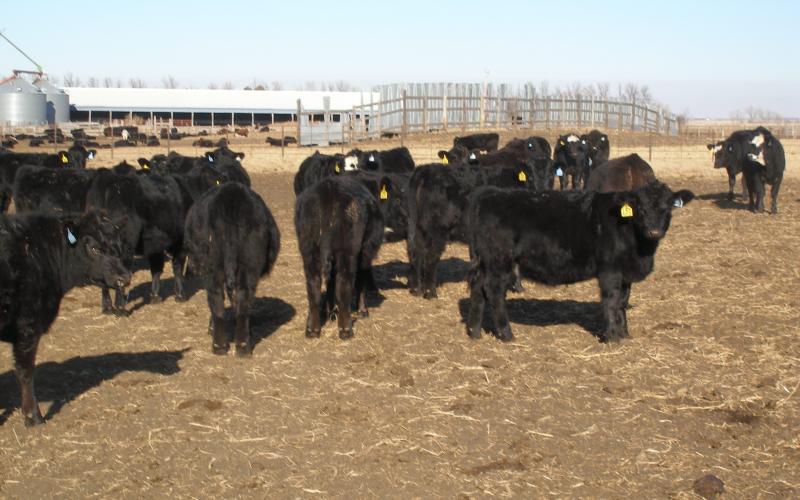
Using Feedlot Manure as a Crop Nutrient Source
Factsheet that reviews the steps to obtain a manure application rate based on crop need, soil and manure testing.
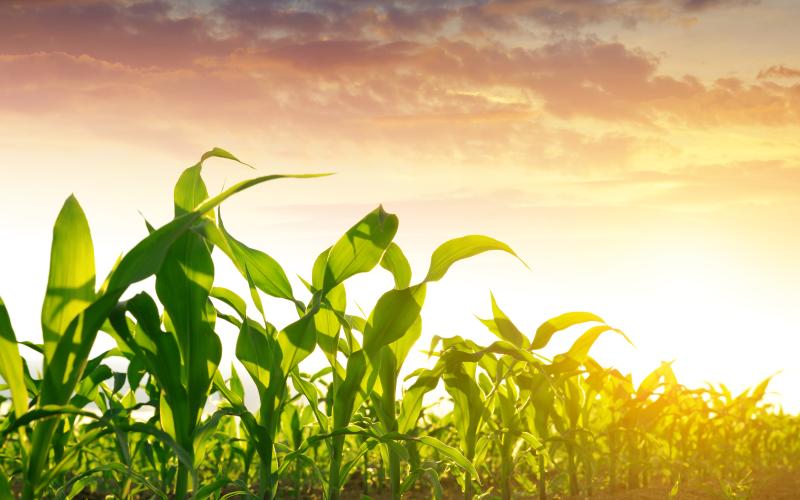
Corn
Nearly one out of every three dollars generated by South Dakota agriculture starts in a corn field. Two of every three rows of corn become ethanol.

Corn Hybrid Trial Results
In 2025, corn hybrid and conventional corn hybrid trials were conducted at different locations throughout South Dakota.
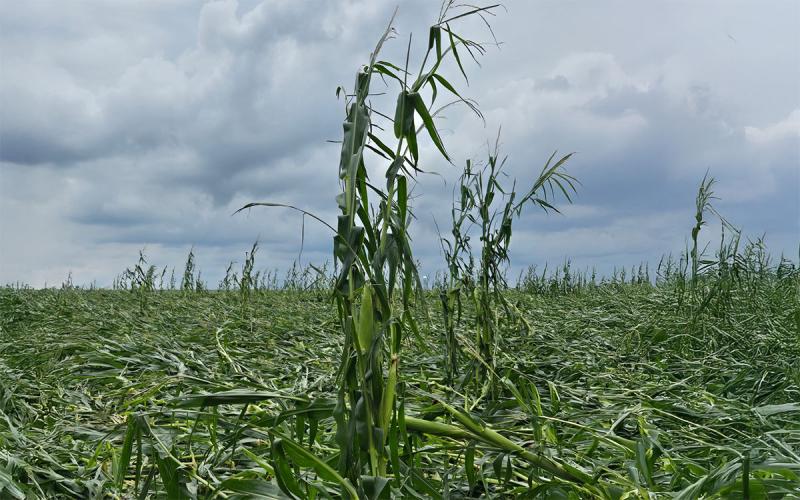
Are Fungicides Needed On Hail-Damaged Crops?
Recent storms brought rain, severe wind, and hail. With the hail and wind damage that occurred, many growers are wondering if a fungicide application is needed to protect their hail or wind-damaged crops.
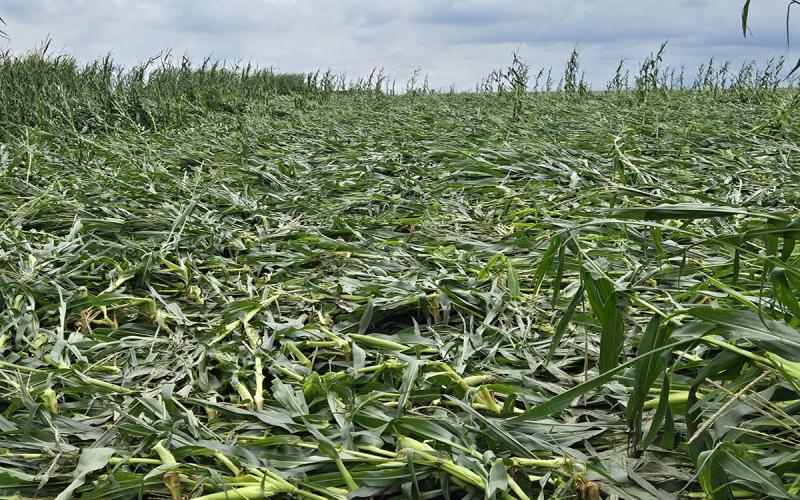
Wind Injury in Corn
In the aftermath of severe weather, levels of wind damage in corn can vary greatly from field to field. How plants recover largely depends on wind velocity and corn growth stage.
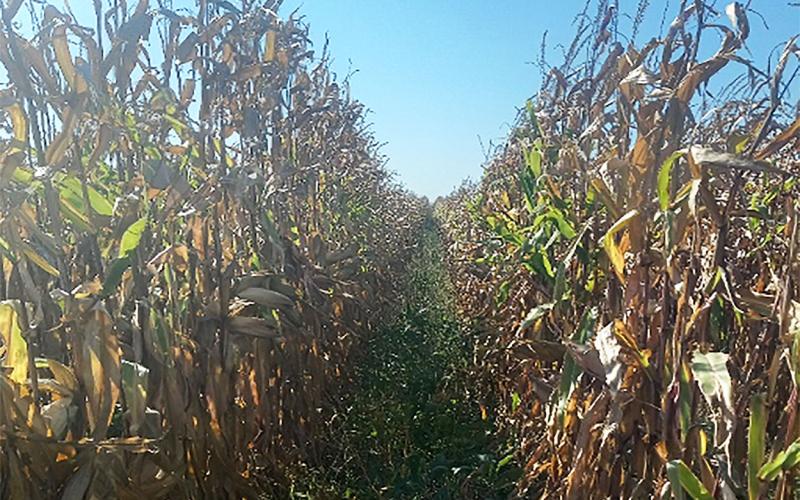
Inter-Seeding Cover Crops into Corn
Many producers are interested in incorporating cover crops into their cropping systems. Recent research investigated the effects of inter-seeding cover crops into corn on biomass production, grain yields, and other ecosystem services.
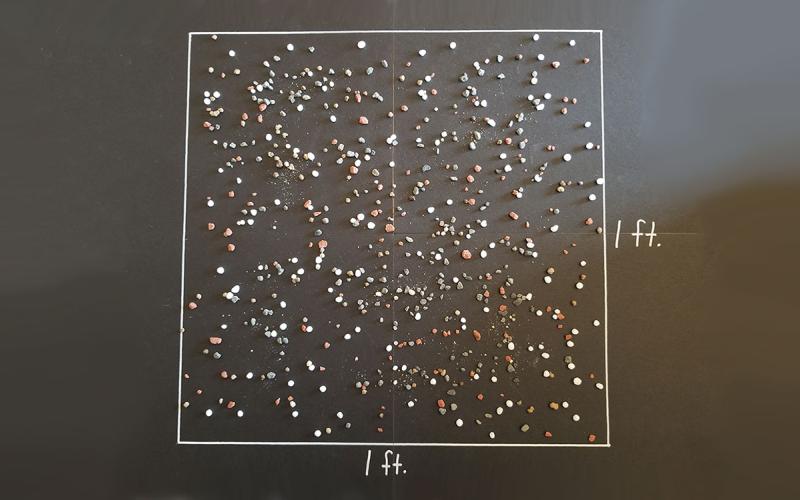
Seven Grams of Fertilizer Is All It Takes: Growing Optimal Corn in South Dakota
Have we really asked how much fertilizer is really takes to grow a decent corn crop? Learn some important considerations for fertilizing corn and improving long-term soil health and fertility.
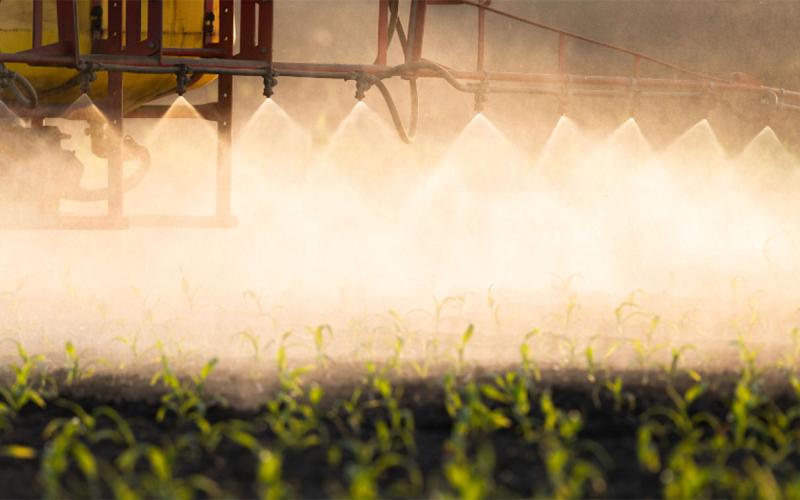
Considerations of Corn Postemergence Herbicides
Managing weeds after emergence is important to protect the yield potential of corn crops. Learn some important application considerations before selecting a postemergence herbicide.
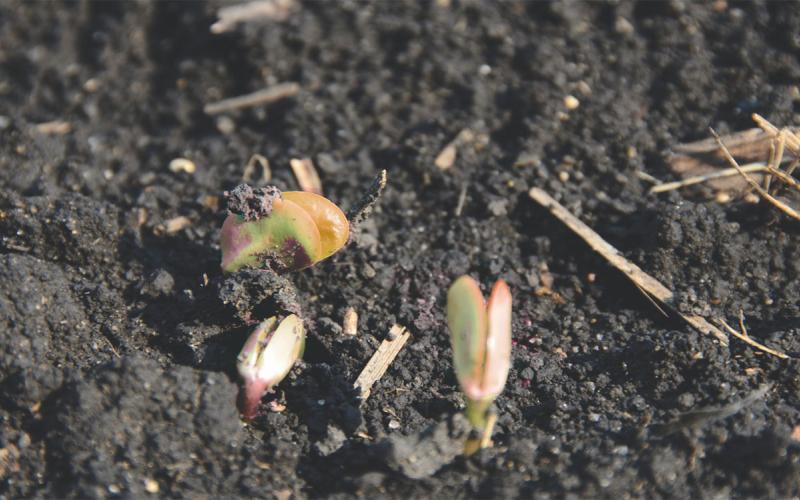
Chilling Injury
Concerned about row crop emergence due to cool spring weather? Learn what crops are most vulnerable to chilling injury and how you can mitigate risk during spring planting.